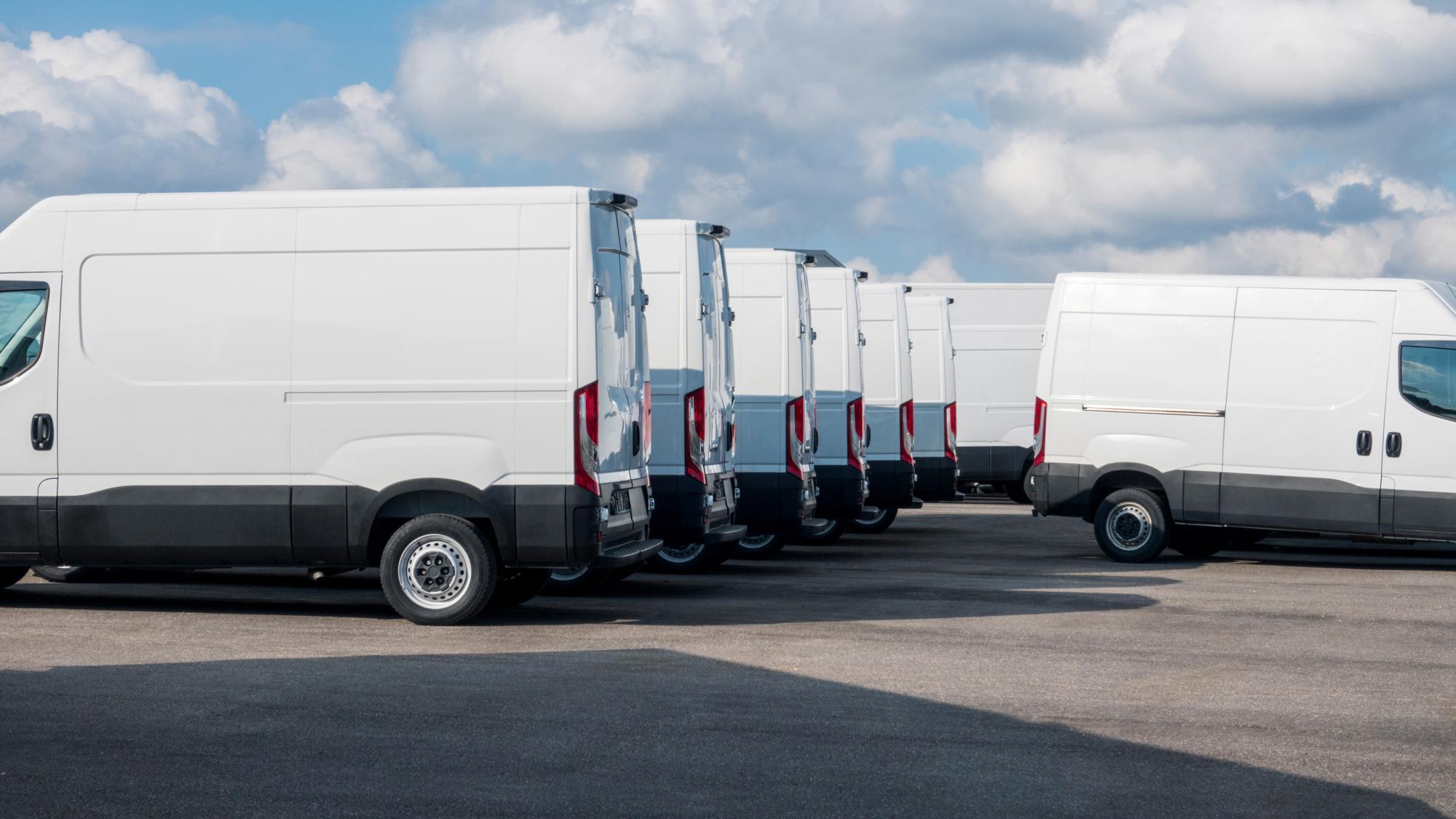Cold chain logistics has rapidly emerged as a transformative force in the cannabis industry—especially for concentrates, drinks, and other temperature-sensitive products. An increasing number of processors, distributors, and retailers are adopting advanced refrigerated systems, precision monitoring, and smart packaging to protect both product quality and brand reputation.
Modern cold chains maintain specific temperature conditions throughout the journey—from extraction, formulation, and packaging to final delivery. These systems involve refrigerated warehouses, reefer trucks, insulated containers, and active or passive cooling agents such as gel packs or dry ice. Data-driven, real‑time temperature tracking—often with IoT sensors and fleet management platforms—ensures continuous oversight and compliance with regulatory thresholds such as 2–8 °C for many concentrates.
Why it’s reshaping cannabis shipping
1. Protecting potency and safety:
Cannabis concentrates and beverages are highly sensitive to heat, which can degrade cannabinoids, terpenes, emulsions, and volatile compounds, reducing efficacy and altering flavor profiles. Maintaining uninterrupted cold chain conditions is essential to preserving product integrity.
2. Reducing waste and returns:
Industry experts report that failure in cold chain can lead to substantial spoilage—mirroring food and pharmaceutical losses. The refrigerated transport sector is projected to grow at a 5.2% CAGR through 2033 to address perishables, signaling increasing capacity in temperature-controlled logistics.
3. Compliance & traceability:
Cannabis logistics operate under strict state regulations requiring verifiable handling, temperature range logs, and chain-of-custody records. Cold chain systems, often integrated with blockchain and IoT solutions, enable automated logging and traceable conditions from grower to retailer.
4. Consumer trust and brand differentiation:
Artisanal cannabis drink producers and high-end concentrate brands are using cold chain to guarantee freshness and consistency. Transparent shipping practices—especially refrigerated logistics—become part of the marketing story, reinforcing premium positioning.
Emerging technologies and scalability
Analytical frameworks from academia emphasize the integration of advanced sensors and data platforms to ensure real-time monitoring and rapid corrective action. Fleet management solutions like Geotab’s offer predictive routing and temperature alerts, reducing risks of interruptions or spoilage.
Phase-change materials (PCMs), vacuum insulated packaging, and smart telemetry are increasingly used for cannabis parcels—mirroring biotech best practices. These solutions enable flexible, last-mile compliance without requiring full reefer trucks.
Market momentum and infrastructure investment
A surge in refrigerated transport demand—especially in North America—is driven by perishable goods, pharmaceuticals, and now cannabis. The global refrigerated market was valued at USD 19.5 billion in 2024 and is expected to reach USD 30.2 billion by 2033. As cannabis companies scale, they can leverage this expanding infrastructure, driving down costs and improving efficiency.
Outlook
Cold chain logistics is no longer a novelty—it’s becoming a standard for premium cannabis products. Its benefits span quality assurance, regulatory compliance, waste reduction, and consumer experience. Continuous innovation—from IoT telemetry to smart packaging—will further mature the landscape. As consumer expectations rise, cold chain integration will define which brands and logistics providers lead the pack.

